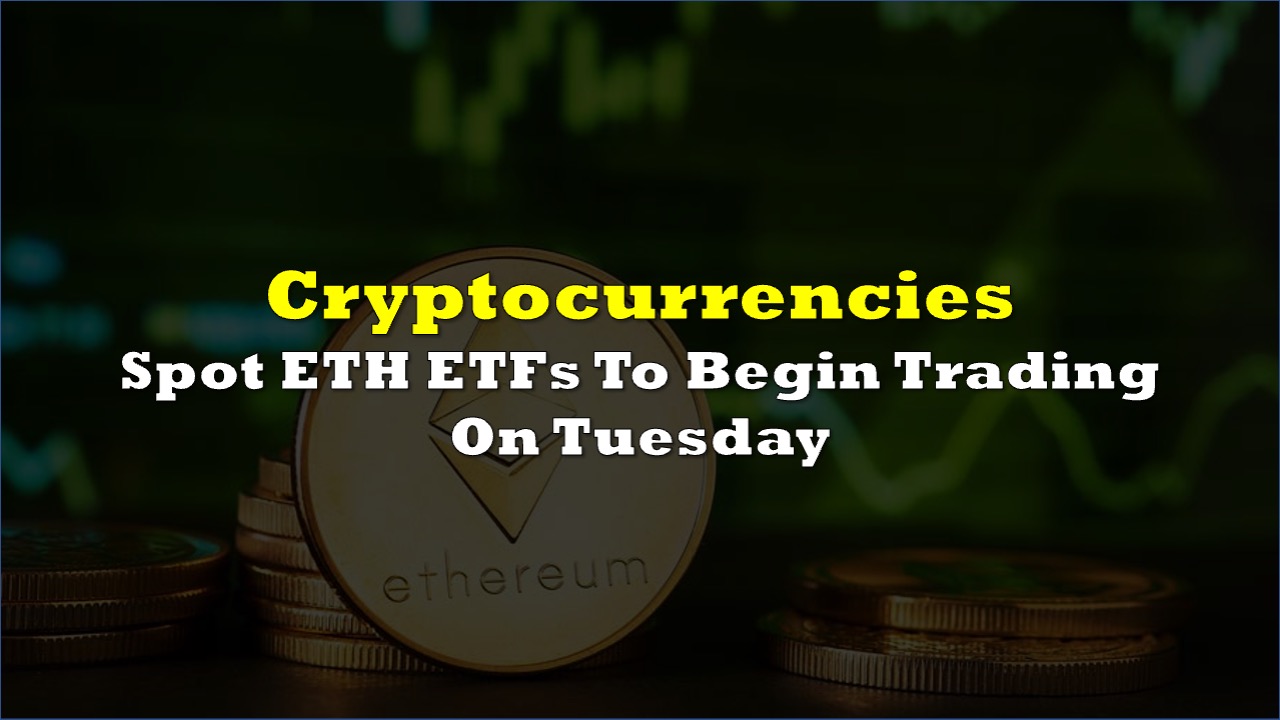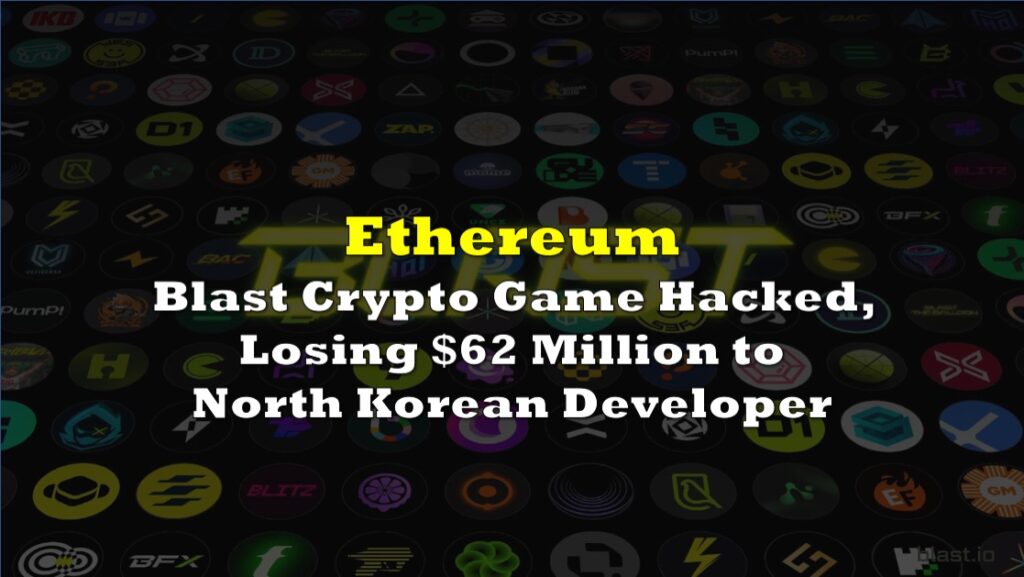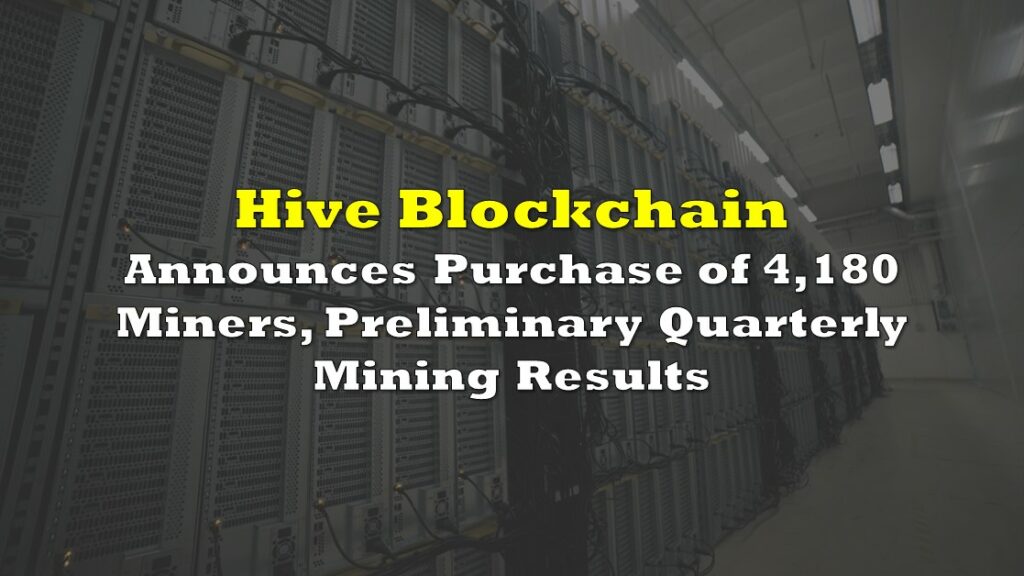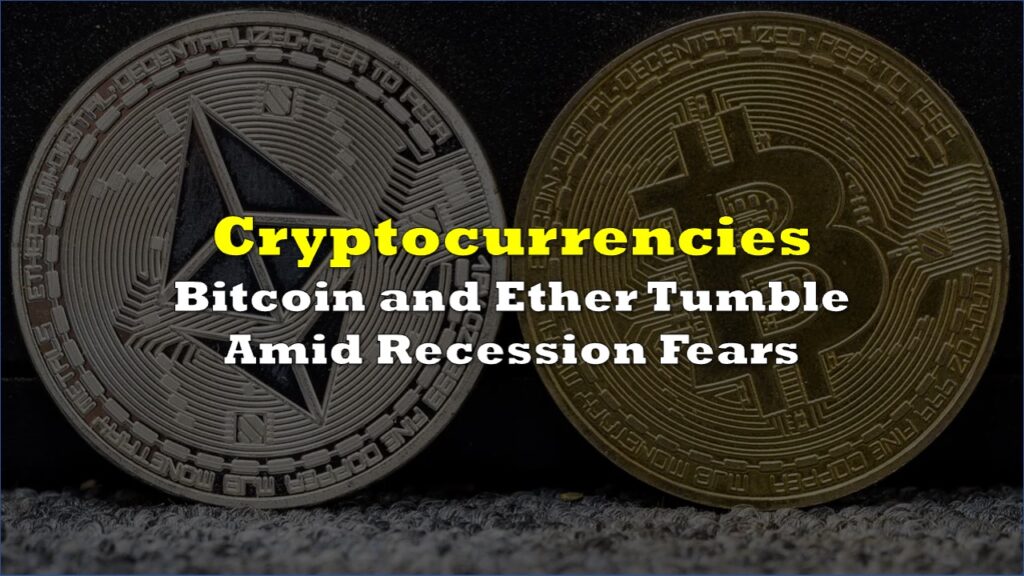The first US exchange-traded funds (ETFs) linked to ether, the second-largest cryptocurrency after bitcoin, are set to begin trading on Tuesday. This marks another milestone in the crypto sector’s push towards mainstream adoption.
Several major financial institutions, including VanEck, Franklin Templeton, Fidelity, 21Shares, Invesco, BlackRock, Bitwise, and Grayscale Investments, are launching ether ETFs across various exchanges such as Cboe, Nasdaq, and the New York Stock Exchange.
It’s official: Spot Eth ETFs have been made effective by the SEC. The 424(b) forms are rolling in now, the last step = all systems go for tomorrow’s 930am launch. Game on. pic.twitter.com/9MaBDBA8co
— Eric Balchunas (@EricBalchunas) July 22, 2024
This launch follows the successful introduction of nine US spot bitcoin ETFs in January, which attracted substantial inflows of $33.1 billion by the end of June, according to Morningstar Direct data. While analysts expect the ether ETFs to generate interest, they anticipate lower inflow volumes compared to their bitcoin counterparts.
The approval of these ETFs comes after a prolonged struggle with the Securities and Exchange Commission (SEC), which had previously rejected such products due to market manipulation concerns. The SEC’s decision to approve the ether ETFs was influenced by a court ruling in favor of Grayscale Investments and similarities in market circumstances to bitcoin.
Fees for the ether ETFs range from 0.19% to 2.5%, with most clustering around 0.25%. This pricing structure is comparable to bitcoin ETFs, although fewer fee waivers are being offered. Grayscale is also introducing “mini” versions of both ether and bitcoin ETFs with a lower fee of 0.15%.
Industry projections for ether ETF demand vary, with Galaxy Research estimating potential monthly inflows of $1 billion. The performance of these ETFs will be crucial in gauging investor appetite for digital assets beyond bitcoin.
SEC Chair Gary Gensler told Reuters early last month that the Grayscale court ruling influenced the decision to approve ether ETFs, citing similar underlying market conditions.
Information for this story was found via Reuters, and the sources and companies mentioned. The author has no securities or affiliations related to the organizations discussed. Not a recommendation to buy or sell. Always do additional research and consult a professional before purchasing a security. The author holds no licenses.









